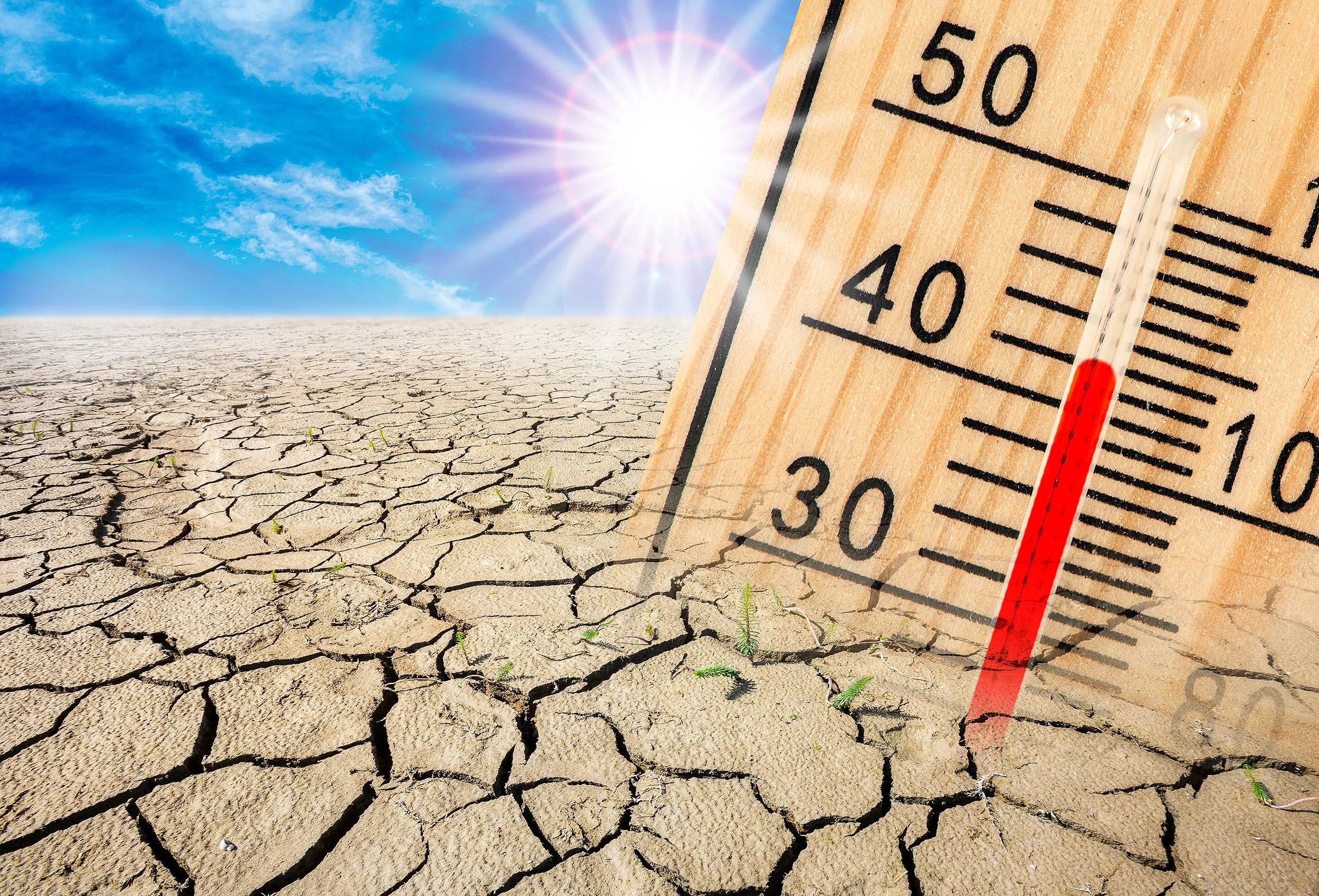
The relentless rise in ocean temperatures has now marked an unprecedented record, with global sea surfaces surpassing heat records for a staggering 450 consecutive days. A profound study spearheaded by Professor Chris Merchant of the University of Reading has shed light on this escalating crisis. The findings indicate a sharp increase in the rate of ocean warming over the last four decades, a trend that has seen temperatures rise by approximately 0.27°C (0.49°F) per decade recently, compared to a mere 0.06°C (0.11°F) in the late 1980s.

Earth’s Alarming Energy Imbalance
The driving force behind this dramatic warming is Earth’s growing energy imbalance, characterized by the planet absorbing more solar energy than it radiates back into space. This imbalance has nearly doubled since 2010, exacerbated by higher concentrations of greenhouse gases and a decrease in the Earth’s albedo due to melting polar ice and shifting cloud coverage. As a result, over 90% of this excess heat is absorbed by the oceans, turning them into the planet’s primary heat sink. The recent study highlights that the latest El Niño event has contributed to 44% of these record-breaking temperatures, emphasizing the accelerated pace of oceanic heat absorption.
The Human Impact and Natural Cycles: A Potent Combination
While natural phenomena like El Niño are known to cause temporary spikes in ocean temperatures, human-induced climate change is magnifying these effects. The 2023-2024 El Niño event was particularly notable due to the already elevated baseline temperatures of the seas. This synergy between ongoing human-driven warming and natural cycles has led to severe consequences, including intensified hurricanes, disrupted rainfall patterns, and expedited ice melt, which in turn played a role in the devastating California wildfires in 2024.

The Potential Future of Ocean Warming
The study presents a grim forecast: the total increase in ocean temperatures observed over the past 40 years could be equaled or even surpassed in the next two decades. Such rapid warming of surface ocean temperatures is pushing the Earth toward critical thresholds that could lead to irreversible changes, such as the collapse of major ice sheets, disruption of ocean currents, and widespread ecosystem collapse.
Urgent Measures Needed to Mitigate Ocean Warming
Professor Merchant emphasizes the necessity of “closing the hot tap” by significantly reducing carbon emissions. He advocates for a swift transition to renewable energy sources, preservation of carbon-sequestering ecosystems, and sustainable land use practices. Alongside governmental policy changes, individual actions like reducing meat consumption, conserving energy, and supporting eco-friendly policies are vital to curbing ocean warming.

As the window to mitigate the most catastrophic impacts of ocean warming narrows, urgent action becomes increasingly crucial. The study serves as a stark reminder that ocean warming is an immediate crisis, not a distant threat. The gap between current mitigation efforts and what is needed to stabilize the climate is widening, making it imperative to act decisively to ensure the survival of diverse ecosystems and the future of humanity.
